Should tourists be banned from Antarctica?
- Published
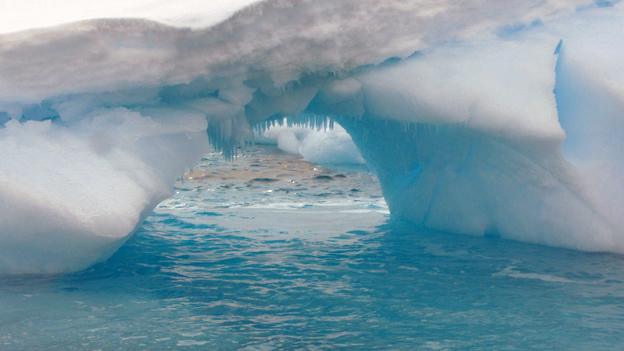
This season around 37,000 tourists are expected to visit Antarctica - home to about 20 million pairs of breeding penguins. But is it ethically acceptable to go on holiday to such a pristine environment?
Enfolded in two glacial arms the bay before us sparkles ultramarine, the water flecked with ice-lilies and dotted with bits of floating icebergs.
A sheer cliff towers dark above us, flanked by snow slopes as pure white as the glistening fronts of the little Adelie penguins whose spectacled eyes peer curiously around as they waddle and toboggan about their business just a few feet away.
This is Brown Bluff on the Antarctic Peninsula and togged up in layer upon layer of fleece, topped with vivid red wetskins I am all too aware that this is not my habitat.
Which begs the question: Should I be here? Am I, just by setting foot on this extraordinary continent, disturbing a pristine environment and polluting the last great wilderness on earth?
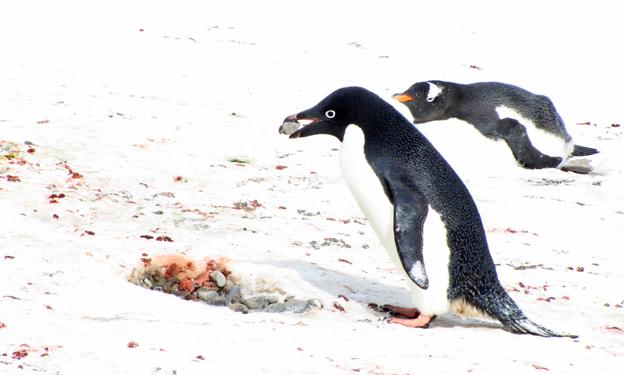
All visitors leave a footprint, admits my tour leader, Boris Wise of One Ocean Expeditions, and we all tend to go to the same places - the accessible coastline - which is also where the penguins and seals go to breed.
Nonetheless, he argues, carefully controlled tourism is not just OK but useful.
Without a native population of its own, Antarctica needs advocates and tourism creates a global constituency of people ready to support - and indeed fund - its preservation.
Not everyone is convinced the benefits outweigh the risks but most are pragmatic.
"It is better to have a certain level of responsible tourism than for it to go under the radar," says Jane Rumble, Head of Polar Regions at the British Foreign Office.
This season 37,000 tourists are expected in Antarctica, although 10,000 will never go ashore.
About half the tourist ships are, like ours, flagged to Antarctic Treaty countries making them legally bound by the treaty's environmental standards.
The other half are worryingly outside this regulation but most are part of the International Maritime Organisation which is just introducing a stricter polar code, and at present all the companies regularly bringing tourists here are members of the International Association of Antarctic Tour Operators (IAATO) which works closely with the Antarctic Treaty System.

The Antarctic Treaty
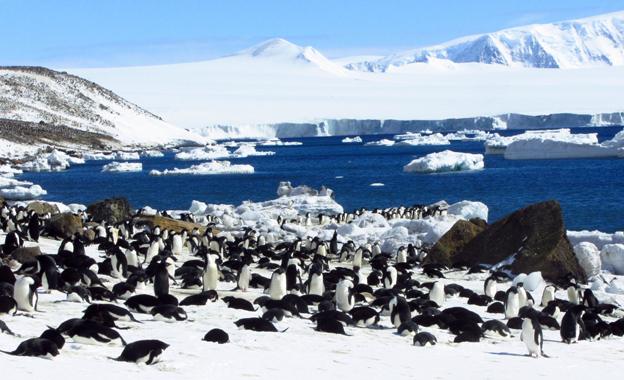
The original treaty was signed in 1961
Aims to demilitarise Antarctica and establish it as a nuclear-free zone
Designed to foster international scientific co-operation and set aside disputes over territorial sovereignty
Original signatories: Argentina, Australia, Belgium, Chile, France, Japan, New Zealand, Norway, Soviet Union, South Africa, UK and US
Another 34 countries have signed it since, including China

As our ship crosses 60 degrees south into Antarctica we are given a mandatory briefing before gathering in the ship's mud room for a "vacuum party".
As a portable amp sets the rhythm with the music of aptly-named bands, Passenger and The Black Seeds, we biosecure ourselves, hoovering our clothes and kit and disinfecting our boots to ensure we introduce no alien species to Antarctica.
Does this really work, I wonder? Apparently it does. Non-native species have been accidentally introduced to the region but not, as far as anyone knows, by tourists.
In fact, research suggest that scientific programmes may have much more environmental impact than tourism.
Scientists, of course, argue that they also bring more benefit, including increasing understanding of how crucially changes in the Antarctic link to changes in the global environment.
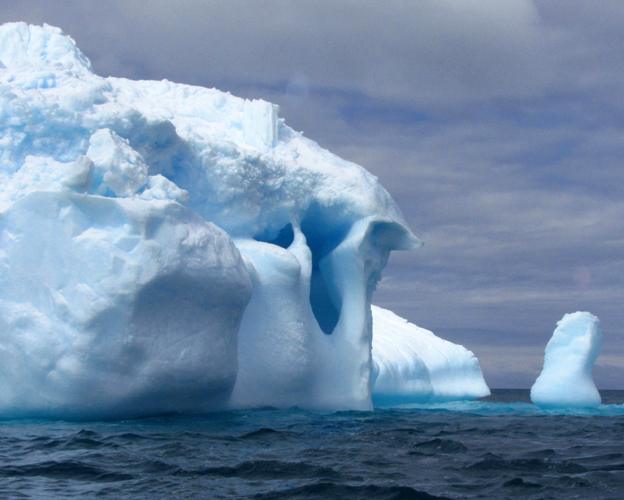
Our ship never docks. We anchor and go ashore by biosecured dinghy.
There is no eating or smoking on land and we are instructed to take nothing away except photographs and leave nothing behind, not even a bit of yellow snow.
"So don't drink too much at breakfast," grins Boris.
We are told not to get any nearer than 5m from Antarctic wildlife.
But nobody told the penguins and, although we never touch, we have delightfully close encounters, especially with the confident little red-beaked gentoos.
One passenger is allowed to get as close as he likes. He is Phil McDowell, marine biologist and penguin counter from the independent research organisation Oceanites, who is hitching a lift on our ship to monitor the penguin colonies we visit.
There have been several studies comparing regularly visited colonies with those rarely in touch with humankind.
The results are strikingly inconclusive showing more-visited colonies variously doing worse, the same and even better.
Gentoos are thriving, McDowell tells me, increasing in both number and range.
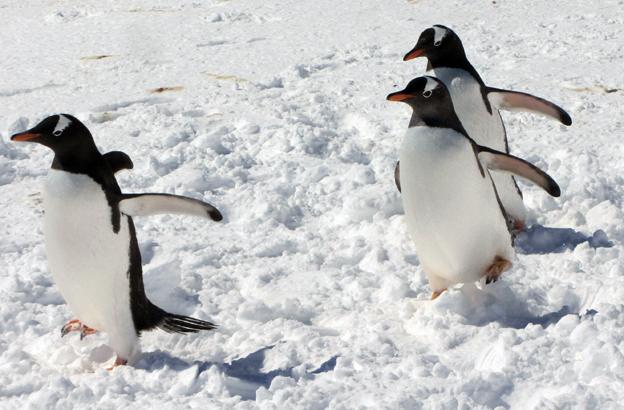
Adelies, and the little helmeted chinstrap penguins, however, are in decline.
The Antarctic Peninsula has warmed by an average of 3C in the last 60 years, and winds have shifted, changing the pattern of the sea ice.
It is global warming that is changing the penguins' fortunes, McDowell suggests, not tourism.
There are concerns for the future however. Tourist numbers look set to rise and membership of IAATO is voluntary.
Tourist ships are starting to offer activities like kayaking, mountaineering and diving which are potentially more invasive than simply looking.
The impact isn't clear and more monitoring is certainly needed.
Back in London, enjoying my photos of ethereal icescapes and brilliantly comic penguins, I wonder again whether I should feel guilty for having been in Antarctica?
"No," says polar expert Jane Rumble, "just do what you can to preserve it."
How to listen to From Our Own Correspondent, external:
BBC Radio 4: Saturdays at 11:30
Listen online or download the podcast.
BBC World Service: At weekends - see World Service programme schedule.
Subscribe to the BBC News Magazine's email newsletter to get articles sent to your inbox.